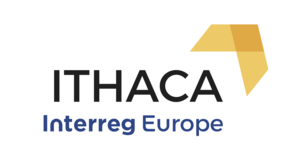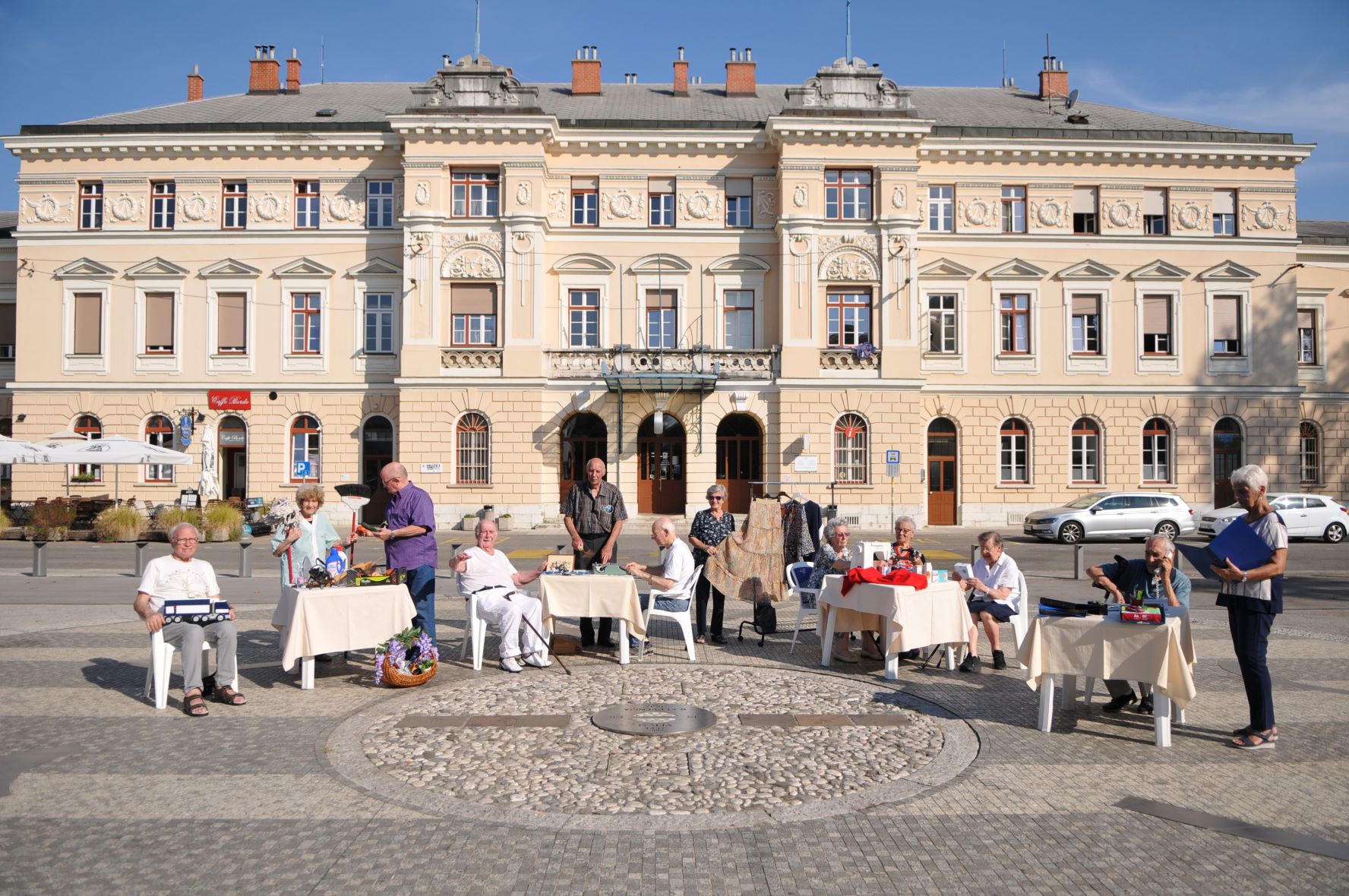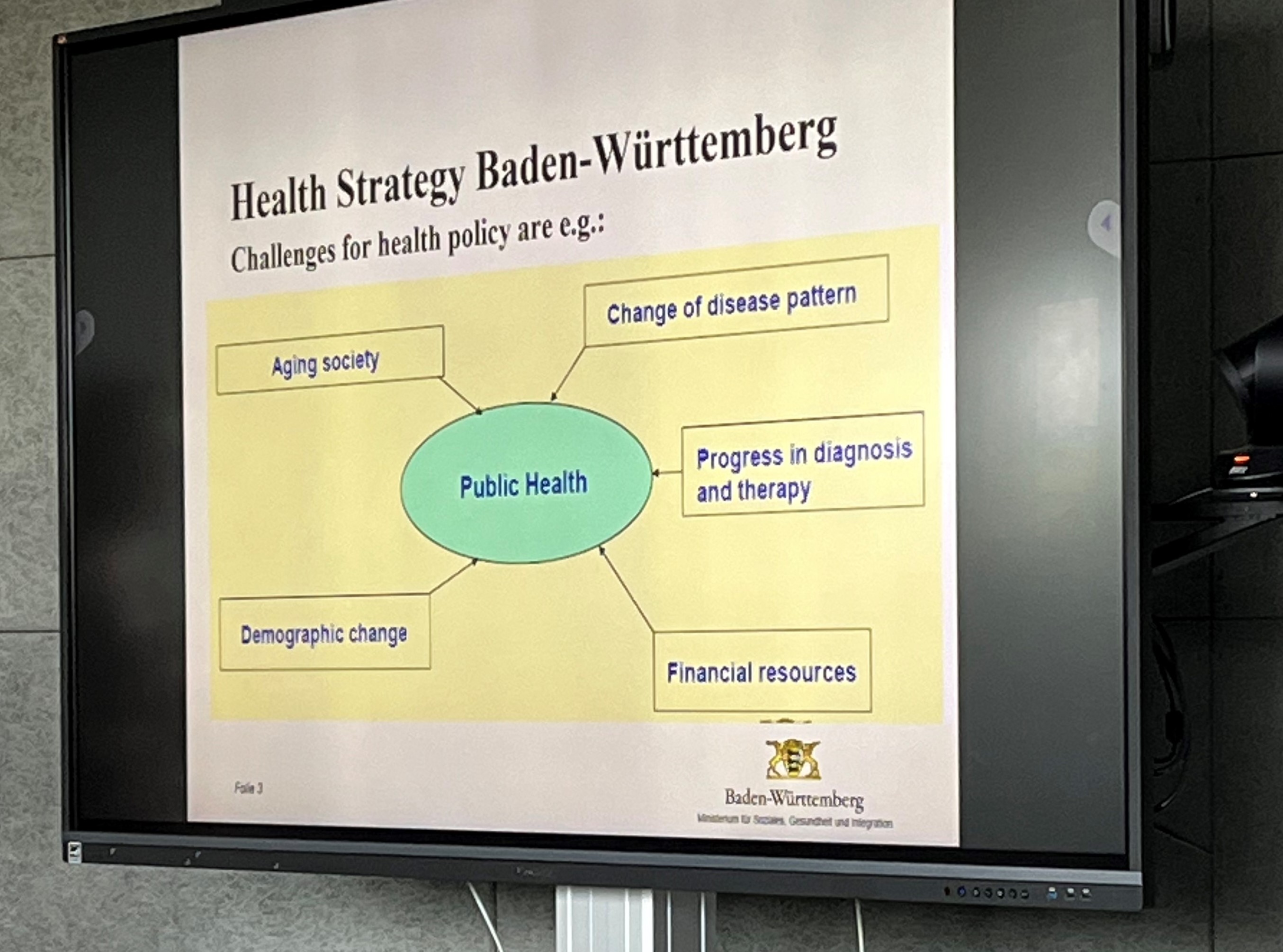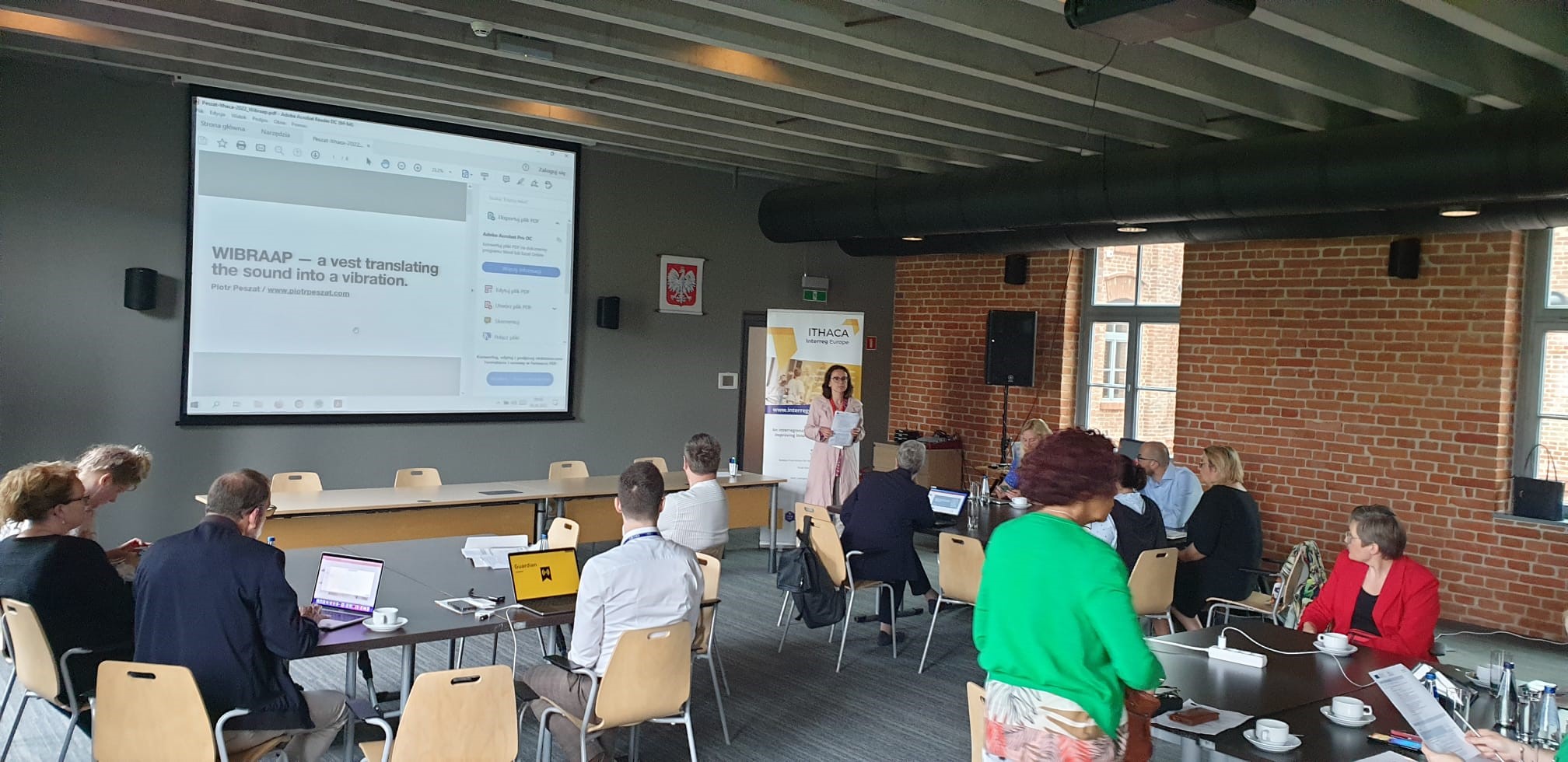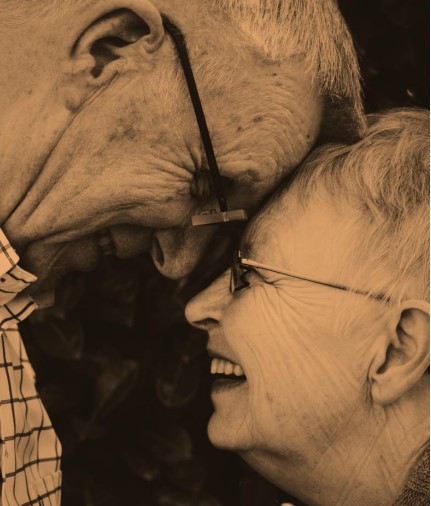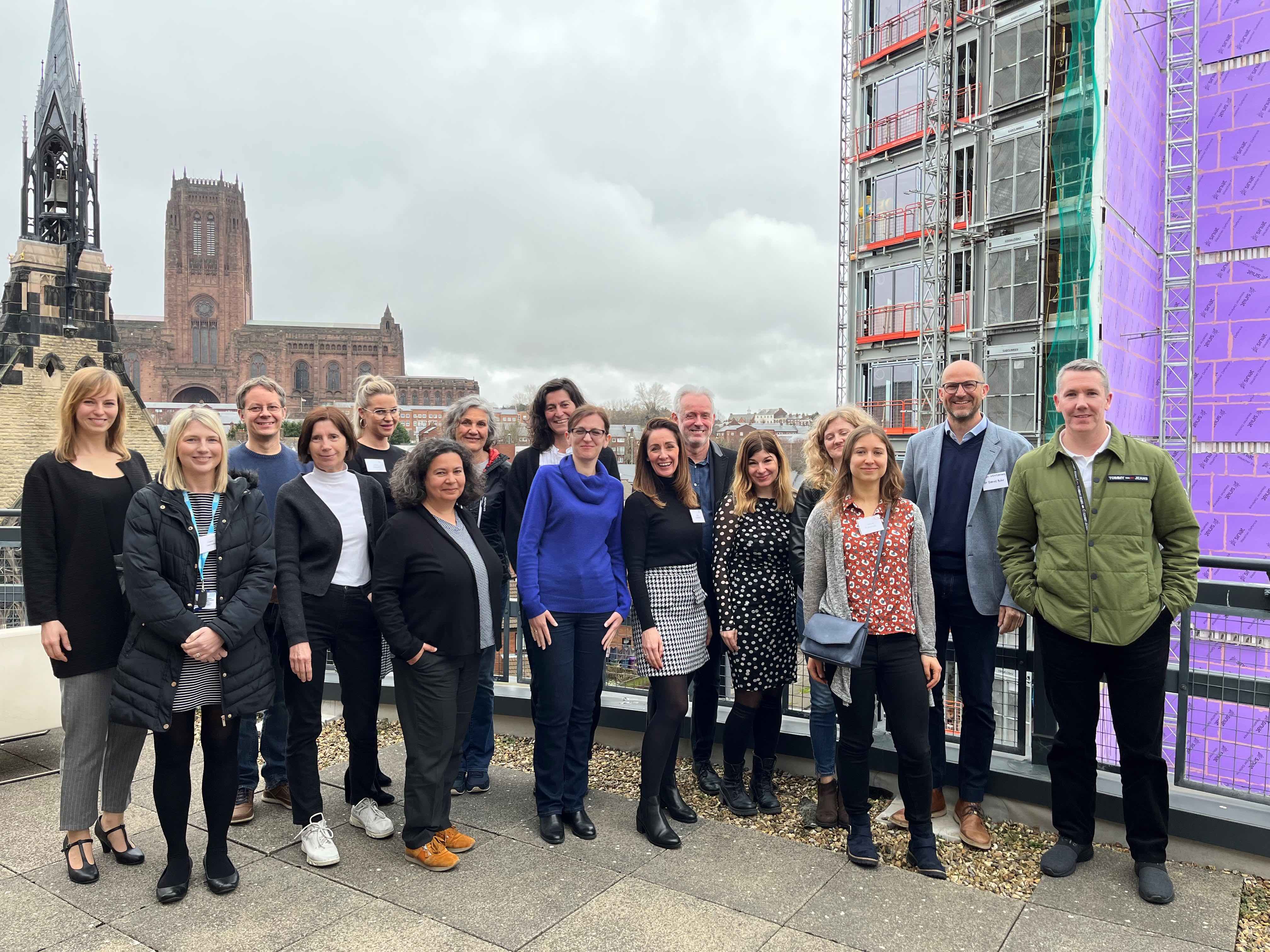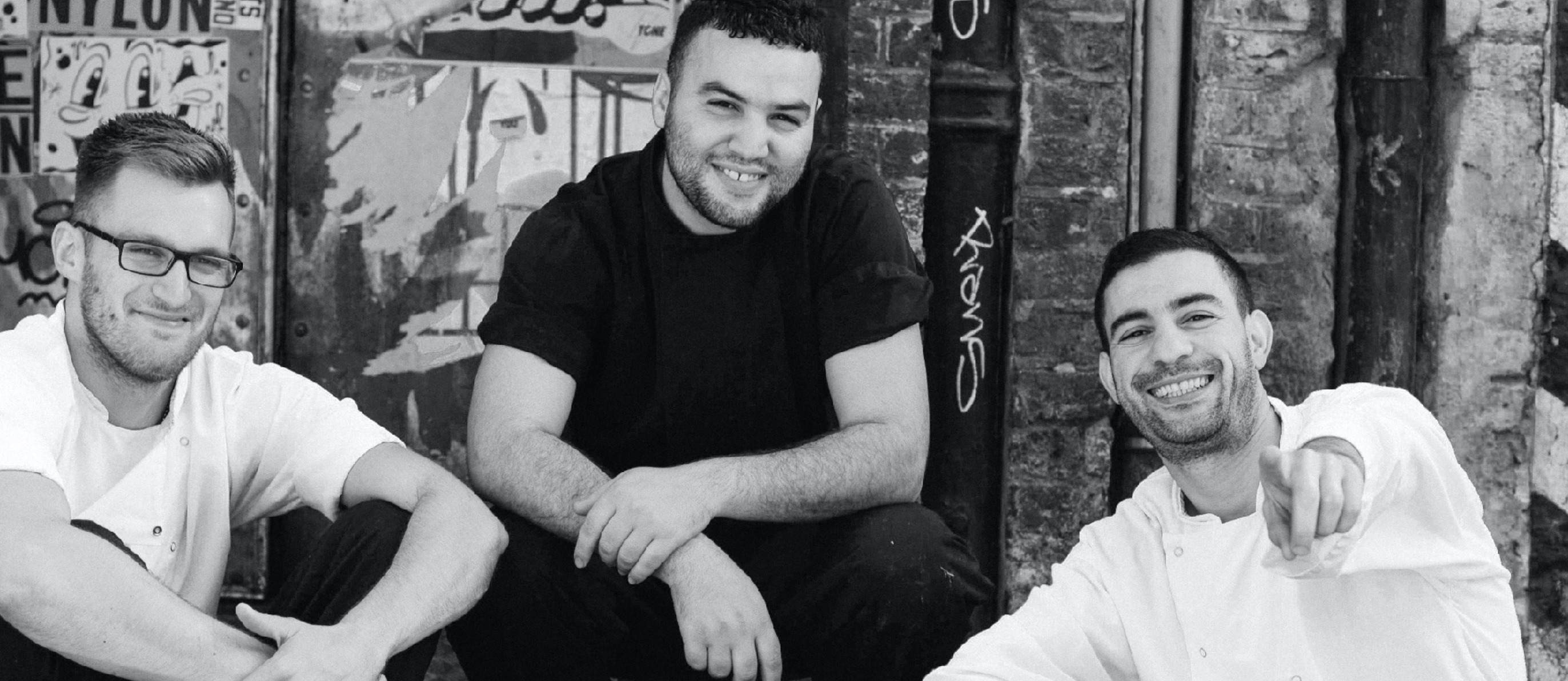If you had to sum up last month’s EEPE (Exchange of Experience and Peer Evaluation) in Region Zealand, Denmark, in one word, ‘culture’ is probably it.
Danish culture. Institutional culture. And cultural differences.
From the very first second, the eight different European delegations of experts and project representatives were met with Danish tradition and culture, as they were accommodated in a traditional Danish folk high school - a boarding school concept in which you stay, eat, clean - and  sing - together.
sing - together.
In that spirit, the first day was opened with traditional morning song, before the first presentations on the Region Zealand’s healthcare policies and strategies could begin.
During the first, the delegations then visited a new state-of-the-art psychiatric hospital, a rehabilitation center and a general hospital. And all this in Danish style: By bike!
Second day was about data-driven innovation and showcasing of healthcare technology, before the – for the ITHACA project very important – peer evaluation could take place in the afternoon, in the camber of the regional council in Sorø, and with the participation of the CEO of Region Zealand, Mr. Per Bennetsen., and guest performance by Mr. Hans Martens, policy advisor at the European Policy Center.
Center.
This is the part of the EEPE, when the host region gets feedback and learns from the others. What was good? What can be improved? What solutions can other regions learn from?
In the following, you find five points for Zealand to take away from the evaluation. (Quotes are transcripts from the feedback session.)
- Zealand has to be more holistic: Include citizens, communities, wellbeing, and welfare in the overall political strategies, priorities and goals. Zealand should be more inclusive when development and transforming the healthcare system. All hands needed: GP’s nurses, schools, churches, citizens.
"Trying to innovate in the health sector is not only about digital solutions, hospitals, andpolicies. It is about everything human beings like and need in our lives. A good example is the last couple of days, we enjoyed the good food we were eating, we liked the bicycling even though it was raining, we enjoyed the green environments. Those are things we need in our lives as human beings."
- Zealand has to be better at including citizens as stakeholders in concrete healthcare innovation activities.
"We think there should be a stronger focus on 'How'? You should not only think about how to help innovation to the market, but think of it in a broader perspective and make it bigger. Do not only focus on sickness but also think of well-being and the life-style of people."
- The innovation ecosystem in Region Zealand appears to be very comprehensive. This may be good in one way but can be a weakness. There seems to be limited involvement of patients and citizens in the ecosystem.
"The hospitals we visited did not smell like hospitals, so perhaps we were not in an actual hospital? The guests were missing."
- Zealand has a large number of good solutions in healthcare innovation, but must dare to implement the solutions on large scale.
"The only thing that you should really do is take those small puppets and start inflating them, in terms of scale – make them bigger. They might not be totally ready at this point, but when will they be? You have really great platforms on the spring board, on the launchpad."
- Zealand is good at managing processes, make impact assessments and evaluations of projects and processes, but it is unclear how the region systematically uses what it learns.
"What you can do now, is to shift towards targeting a single person and try to target the population, using maps, using the data you have and try to develop population strategies using these data and not try to focus on one single person."

All-in-all advice and feedback that all relate to the institutional, work and result culture of the region. Remarks were also made about the presenters many references to the tight budgets the region has to deal with. To other less wealthy countries than Denmark, these issues seemed a bit dull, but do, however, need to be considered in their seperate contexts.
This article is based on excerpts and notes from the feedback session. The final report from the Region Zealand EEPE is under preparation.
The next visit (EEPE3) will be in Noord-Brabant in the Netherlands in late October.
